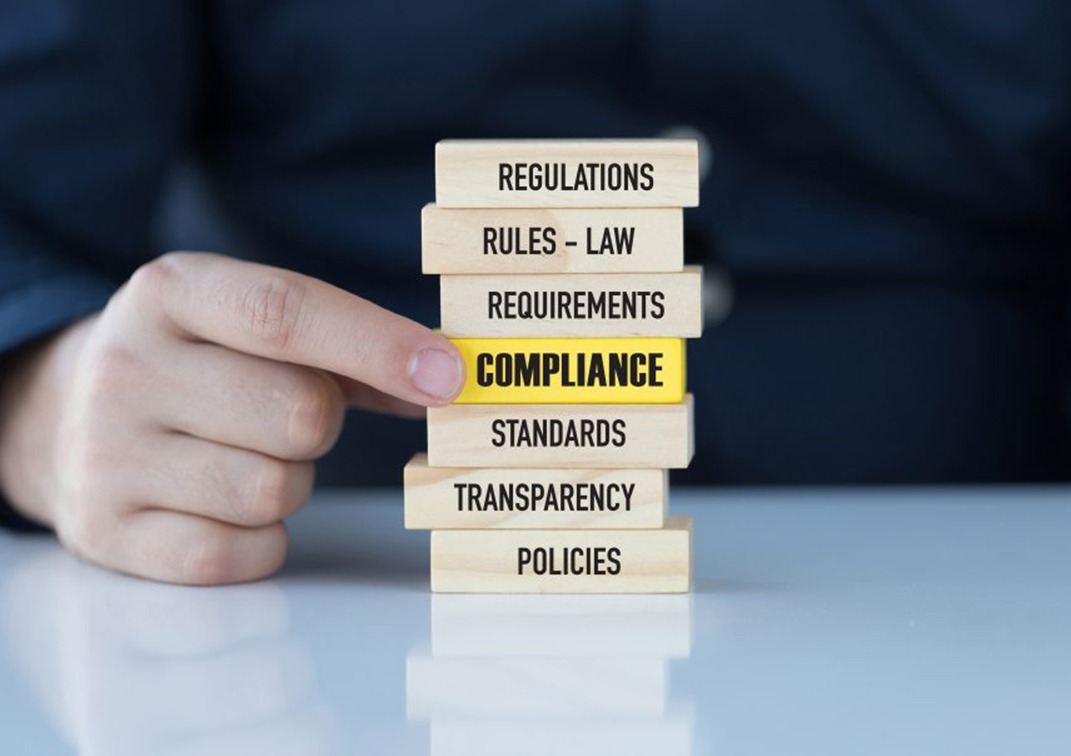The details vary, but the fundamentals are consistent. From a UPL standpoint, situations like this can be a potential pitfall for both sides of the equation.
Under North Carolina law, even if it hires an NC lawyer to handle NC cases, an out-of-state law firm looking to set up shop in NC must register as an interstate law firm with the NC State Bar. As part of that registration, the NC lawyer must certify to the State Bar that all professional services rendered to NC citizens by the firm are only provided by a duly licensed active member of the NC State Bar, and that other lawyers in the firm not licensed in NC will abide by the NC Rules of Professional Conduct. In addition to registering with the NC State Bar, the law firm will also likely need a Certificate of Authority to transact business as a foreign professional corporation from the NC Secretary of State’s office.
For the NC attorney, failure to follow the appropriate procedure may result in a bar grievance for assisting in the unauthorized practice of law in violation of the NC Rules of Professional Conduct, Rule 5.5(f). The attorney may also face potential civil liability for assisting another person to commit the unauthorized practice of law.
The out-of-state law firm may also be exposed to potential civil liability and action by the NC State Bar for engaging in the unauthorized practice of law. The NC State Bar Council and any of its committees appointed for that purpose (such as the Authorized Practice Committee) have the authority to investigate UPL allegations. Following such an investigation, the State Bar may issue a warning letter, issue a cease and desist letter, or seek an injunction to prohibit a person or business from engaging in the unauthorized practice of law depending on the circumstances.
There are also criminal law implications. District attorneys may investigate and prosecute unauthorized practice of law as a misdemeanor criminal offense. Other more serious felony offenses, such as false pretenses, could be involved where an unlicensed person accepts fees while in engaging in the unauthorized practice of law.
The facts may change, but these laws have remained the same. Know the potential pitfalls for both the NC attorney and the out-of-state firm looking to practice in NC. Review and follow NC law and the procedures outlined by the Administrative Rules of the State Bar, 27 N.C.A.C. Chapter 1E, Section .0200. Under the right circumstances, an arrangement like this can be ethical and beneficial to the NC lawyer, to the interstate law firm, and to clients.

